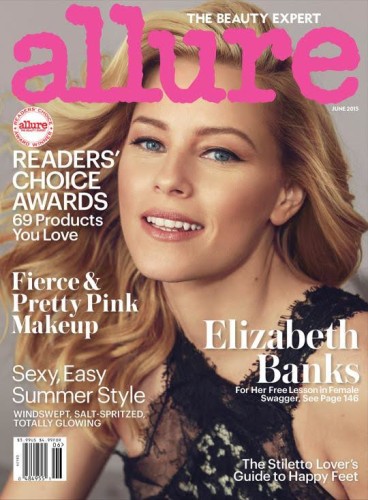
I will begin by saying that Elizabeth Banks is totally on my radar. If you are a producer and an actress who does comedy (as I am), you will sit up and take notice when other ladies – especially comediennes – break the boy-code barrier and succeed at straddling that fine line between marketable (aka “attractive to audiences”) and powerful (aka running your own series and being a lady-boss).

White men are background players in the world of ‘Unbreakable Kimmy Schmidt’ (and, of those who do appear, there’s scarcely a one who isn’t either comically inept or flat-out evil). As the lyrics of the theme song state, “White dudes hold the record for creepy crimes, but females are strong as hell, unbreakable. They alive, dammit!” The show is fundamentally about the collective trauma of growing up female in a woman-hating world.

Far more than a common trend in cartoons and superhero teams, the Smurfette Principle is an ingrained interpretative framework that limits female achievement to a model for male imitation, rather than an argument for female inclusion. In comedy, “Smurfette Syndrome” is a bias that asks whether individual women are “as funny as men,” rather than assessing women’s collective contribution as creators of comedy genres.
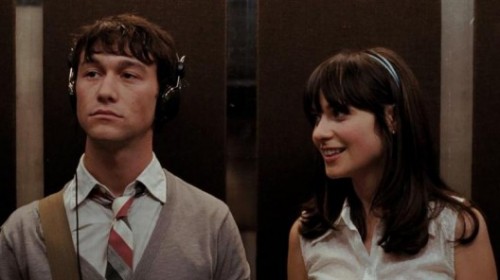
We hear the song one more time in a moment that mimics the first, after Tom’s illusion is shattered. Instead of listing what he loves about Summer, Tom lists the things he hates about her, concluding with “It’s Like The Wind,” and yelling, “I hate this song!” The romantic illusions are finally cracked. This isn’t the movie he thought this was.
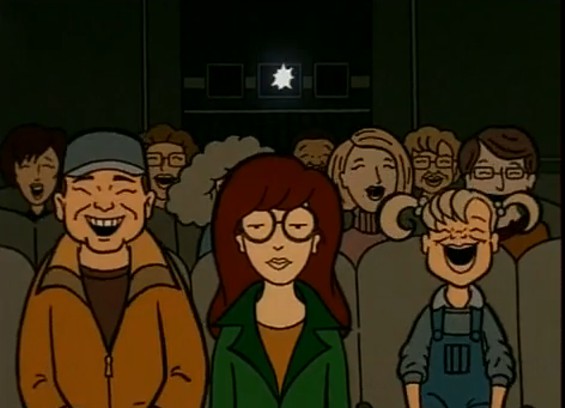
It’s been more than 12 years since ‘Daria’ ended and it’s still in public consciousness. The beloved MTV series and its heroine frequently end up lists of best TV shows, cult shows, favourite female characters and 90s nostalgia. Music licensing issues that held up home video releases for years, ended in 2010, when a DVD set with the series’ entire run of 65 episodes and two TV movies was released. And last year, College Humor produced a fake trailer for a live-action movie starring Aubrey Plaza. In today’s media landscape, where cancelation no longer means the end of a series, Daria is often one internet commentators beg for more of. And yet, the memory most people seem to have of Daria as a character isn’t quite right.
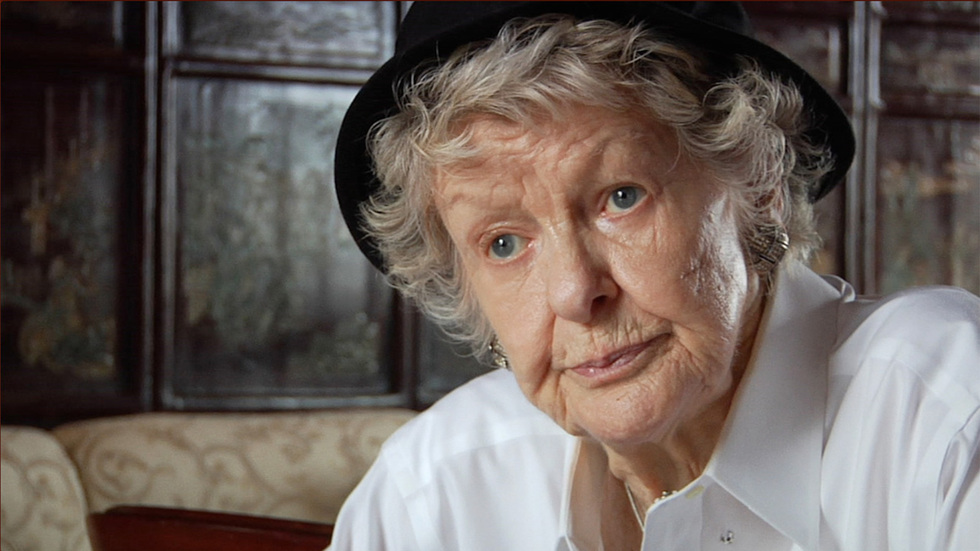
I remember a woman artist friend talking about Barbra Streisand: “When people called her ‘difficult’, it was probably just because she asked for a microphone that worked.” Broadway musical star Elaine Stritch’s reputation for being “difficult” is familiar even to those of us who can’t stand Broadway musicals. But all through the documentary ‘Elaine Stritch: Shoot Me’ (directed by Chiemi Karasawa who first met Stritch in a hair salon) I couldn’t help wondering if an 87-year-old man behaving the way Stritch (who was 87 when the documentary was shot) does in the film would be denigrated the way she has been (men are rarely called “difficult”–no matter what they do).

Working-class female protagonists remain rare, however. More often than not, working-class women play supporting roles as mothers, wives or lovers. Their characters are invariably underwritten or stereotypical.
# The 100 3rd Rock from the Sun 30 Rock 2 Broke Girls A Ackee & Saltfish Adventure Time Agent Carter Agents of S.H.I.E.L.D. Alias All-American Girl Ally McBeal Alphas American Crime American Horror Story American Horror Story: Asylum American Horror Story: Coven American Ninja Warrior The Americans Angel Anne of Green Gables Archer The … Continue reading “TV Directory”

It is, also, of course, essential that we see female characters make their own way in professions traditionally monopolized by men. They reflect social change as well as inspire. It is equally essential that women of power are portrayed on the big and small screen with greater frequency as well as with a greater degree of complexity. American films and television programs should not, however, block out the lives of working-class and poor women. So many stories, struggles, journeys and adventures, remain unacknowledged and untold. It is a strange and troubling thought that contemporary American audiences are simply unaccustomed to seeing interesting, strong and resourceful working-class women. Whether ordinary or extraordinary, working-class women of all races and backgrounds, need greater representation.
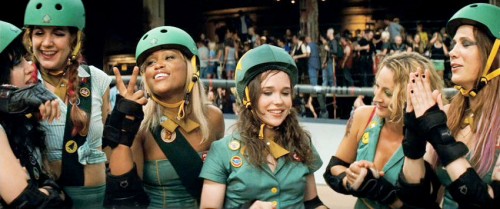
The expectations for girls in film and television are incredibly mixed. It is naïve to say that girls nowadays are just expected to be a sexy sidekick or afterthought. With more strong female roles popping up in bigger budget films such as Harry Potter and The Hunger Games, there is the expectation that girls should also be intelligent and incredibly clever (while also being visually pleasing). I love Harry Potter and The Hunger Games for giving women these intense and interesting character traits. However, I remember thinking after I saw/read the series, “Wow, I’m not nearly as clever as Hermione and could never be as brave as Katniss.” There isn’t really a place for the all-around average girl. The first two examples of strong female protagonists that I could think of are in fantasy franchises. Are real female characters really that difficult to come up with? Real female characters are often created with good intentions but tend not to work on a larger scale.
Outstanding Comedy Series 30 Rock (NBC): “Goodbye Forever, 30 Rock“ by Max Thornton The Big Bang Theory (CBS): “The Evolution of The Big Bang Theory“ by Rachel Redfern Girls (HBO): “Girls and Sex and the City Both Handle Abortion With Humor” by Megan Kearns Louie (FX): “Listening and the Art of Good Storytelling in Louis … Continue reading “2013 Emmy Nominations: Get Your Feminist Commentary Here!”

Written by Max Thornton. Thursday night is the best TV night for comedy fans. Even now that 30 Rock has departed this mortal coil (goodnight, sweet show; may flights of angels sing thee to thy rest), there is still a lot to enjoy about Thursday nights. For me, it’s the trifecta of Community, Parks and … Continue reading “Women of Color in Film and TV: Shirley, Donna, and Lana: African-American Women in Thursday Night Sitcoms”









